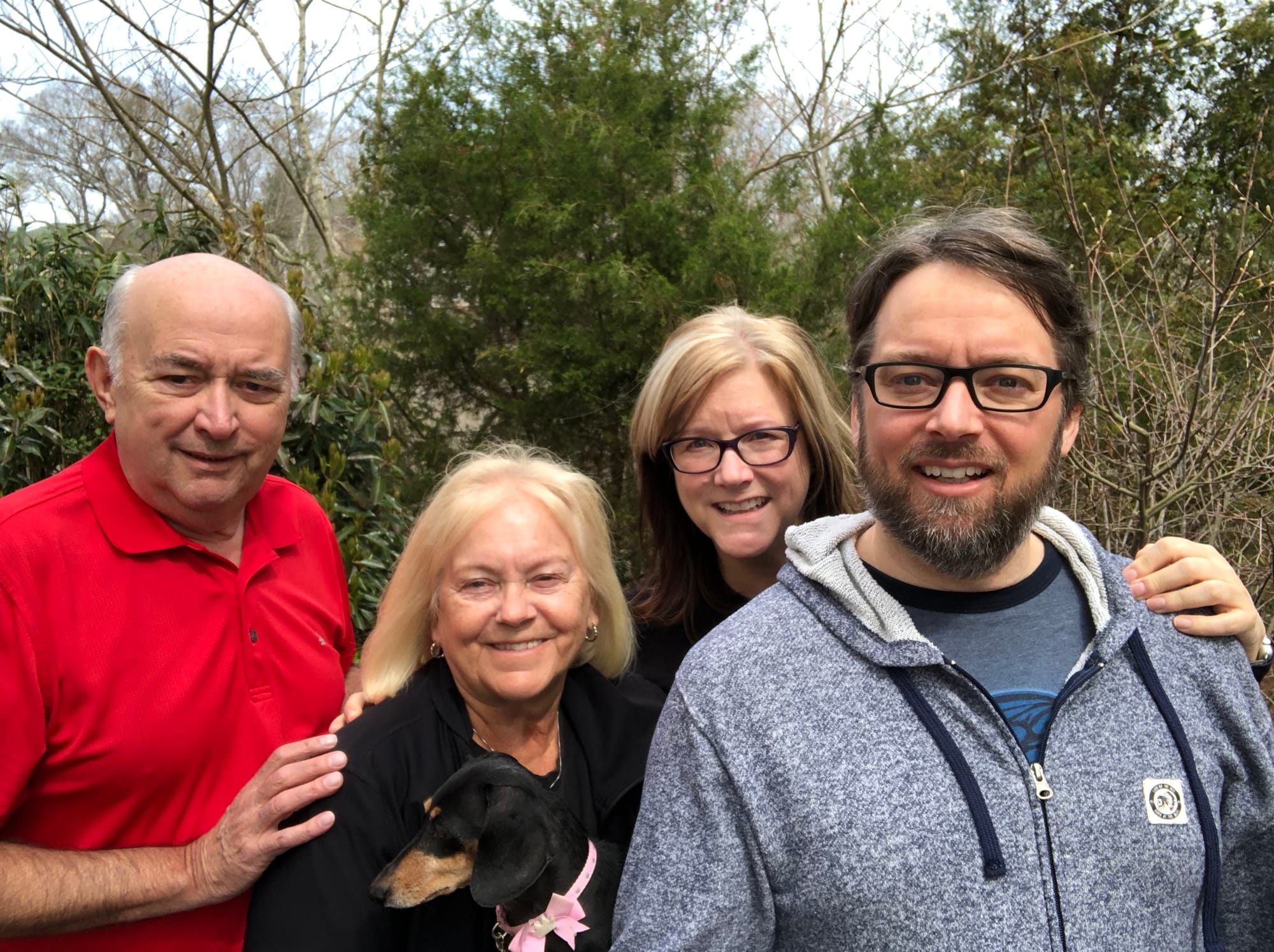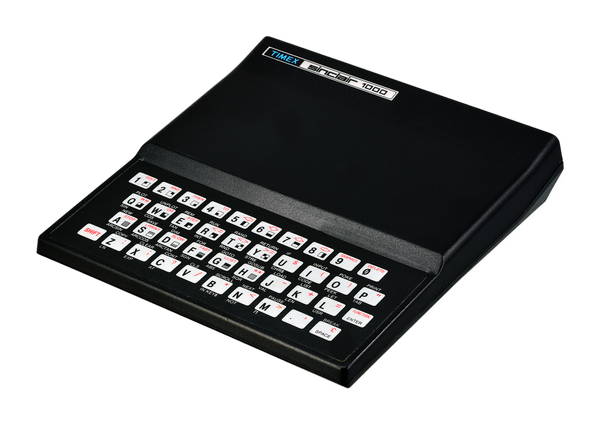🗓️ What's new this week
From Sinclair computers to AI-in-my-pocket in 40 years. I've been reflecting on the influence my parents had on my career because my Dad passed last week. He was influential in getting me started with computers. He and my mom got me my first 3 computers, starting in the early 80s with a Timex Sinclair 1000, when I was ~8 years old. It supported a black-and-white TV coax display, 16KB of RAM expansion, and I learned to write BASIC on it from books he bought me. I've had computers around me ever since.
Thanks, dad, for being a good one. I miss you.

🔴 Local GenAI LLMs with Ollama and Docker (Ep 262)
Matt Williams joined Nirmal and me last week to talk with us about how we can run our own local ChatGPT clone and GitHub Copilot clone by setting up Ollama and Docker's "GenAI Stack" to build apps on top of open source LLMs and closed-source SaaS models (GPT-4, etc.). That's a mouth full. But it'll be fun and I hope you join us live and bring your questions. Matt walked us through all the parts of this solution, and showed us how Ollama can make it easier on Mac, Windows, and Linux to setup custom LLM stacks.

🔴 Implement Kubernetes Observability: metrics, traces, logs, and KPIs (Ep 263)
Join us on the show this week, we will learn how to add observability to your Kubernetes clusters and apps. We'll walk through adding metric monitoring, tracing, and logging to the Docker "Example Voting App" using Site24x7 tooling. Observability expert and Site24x7 Principal Product Manager Jasper Paul will join me to discuss achieving end-to-end visibility for applications on Kubernetes infrastructure. We'll answer your questions on all things monitoring, OpenTelemetry, and KPIs for DevOps and SREs.

Bring us your observability and monitoring questions so we can help.
🔔 Click the dinner bell in YT to get your reminder. You can also add it to your calendar here.
🎧 Podcast
We have two April podcast releases.
Ep 158: Portainer for Kubernetes, Docker, Swarm, Edge, and IoT
In podcast 158 I'm joined by Neil Cresswell, CEO and co-founder of Portainer, to show us new features in Portainer and how it can manage, deploy, and orchestrate all your container workloads from a single Docker Engine, all the way to multi-cluster and IoT Kubernetes deployments.
Portainer is much more comprehensive than you might think. Docker on the Edge, Podman, Kubernetes, in the cloud, in hybrid, you name it; it seems that Portainer supports it. In the show, we also get some updates on new things that have happened in the last couple of years, including adding GitOps support to Portainer, the ability to deploy Kubernetes nodes, and infrastructure.
Ep 159: AWS Finch: The Minimal Local Container Solution
In my latest podcast, Nirmal and I are joined by Phil Estes of AWS to show us the Finch project, which bundles the best open source tools for building and running containers locally. Now it runs on macOS and Windows WSL2.
We've been talking with Phil about this show for months, and now that Finch has come to Windows, we thought it was the best time to clue you in as to why AWS created the Finch project and what it does.
You've probably heard of containerd, the most popular container runtime on the planet and BuildKit, the best way, in my opinion, to build container images. Those two work hand in hand in Docker and many other container tools. But you might not have heard of nerdctl or Lima, which are also open source tools that work with containerd and BuildKit to help you run containers locally in a virtual machine. Well, AWS had the idea of making an easy installer for these four tools. That's how Finch was born.
Finch is not meant to be a replacement of your existing way to run containers. The tools it installs are a bit of a minimum feature set, if you will, and more focused on providing people the exact tools AWS uses in its container platforms, mainly containerd and BuildKit, which are everywhere in AWS. Rather than building something that's feature equivalent to other local container solutions like Docker Desktop and Rancher Desktop, Finch keeps it simple and does the bare minimum.
If you just want an easily installable and minimal way to build and run local containers at the command line with no goofy, high-end fancy features, pure open source and just on Mac and Windows, at least at this point, you should give Finch a try.
I hope you'll give these podcasts a listen, and enjoy!
👀 In case you missed last week's newsletter
Did you miss last week's newsletter? Read it here.


